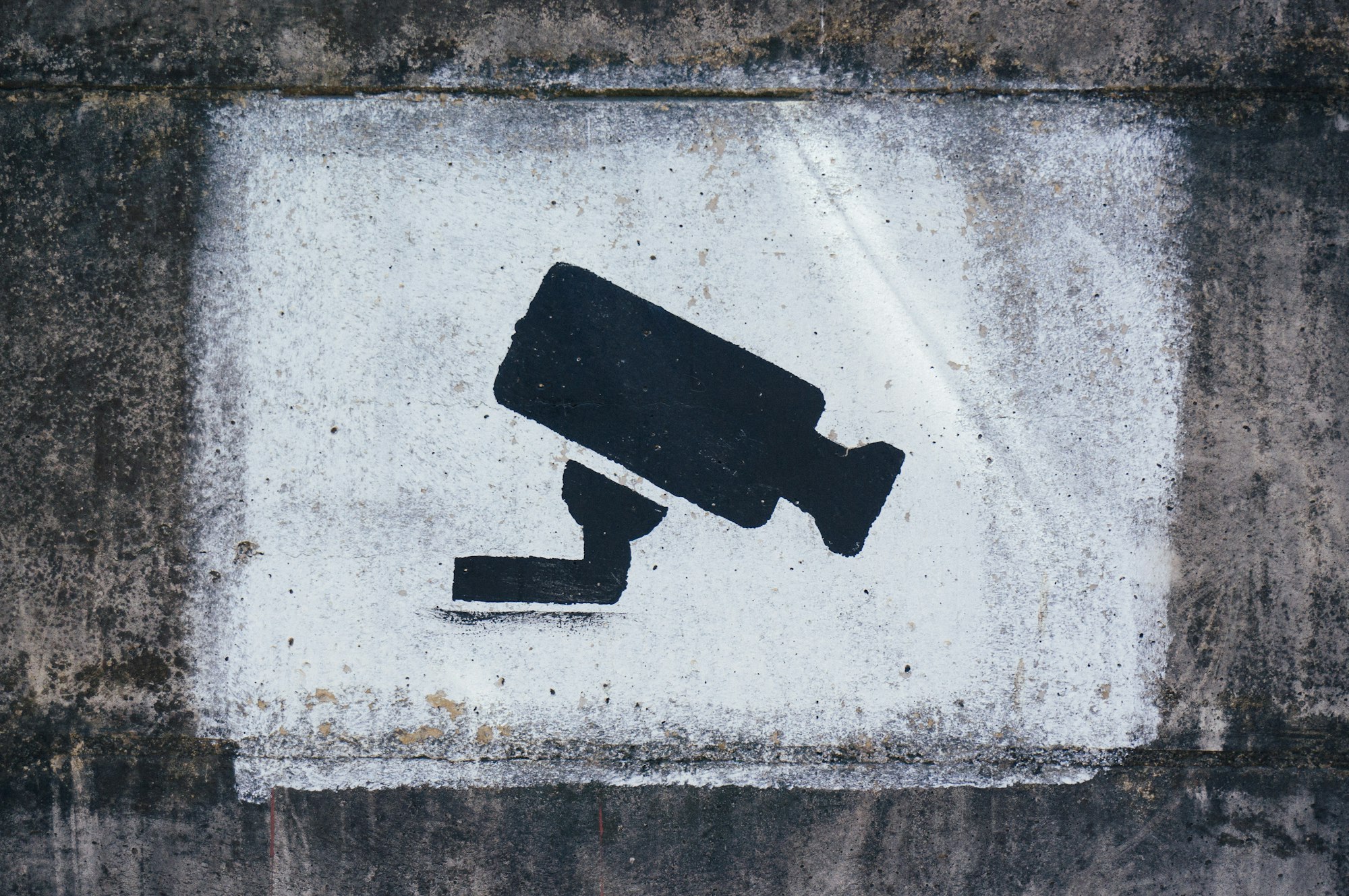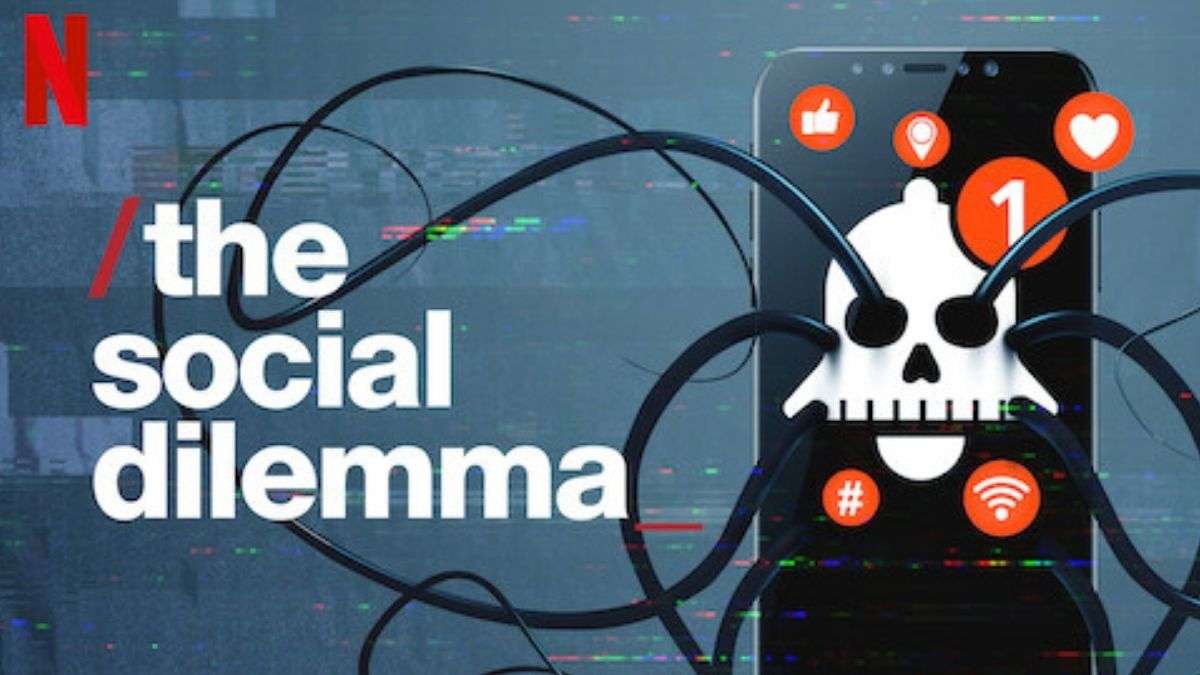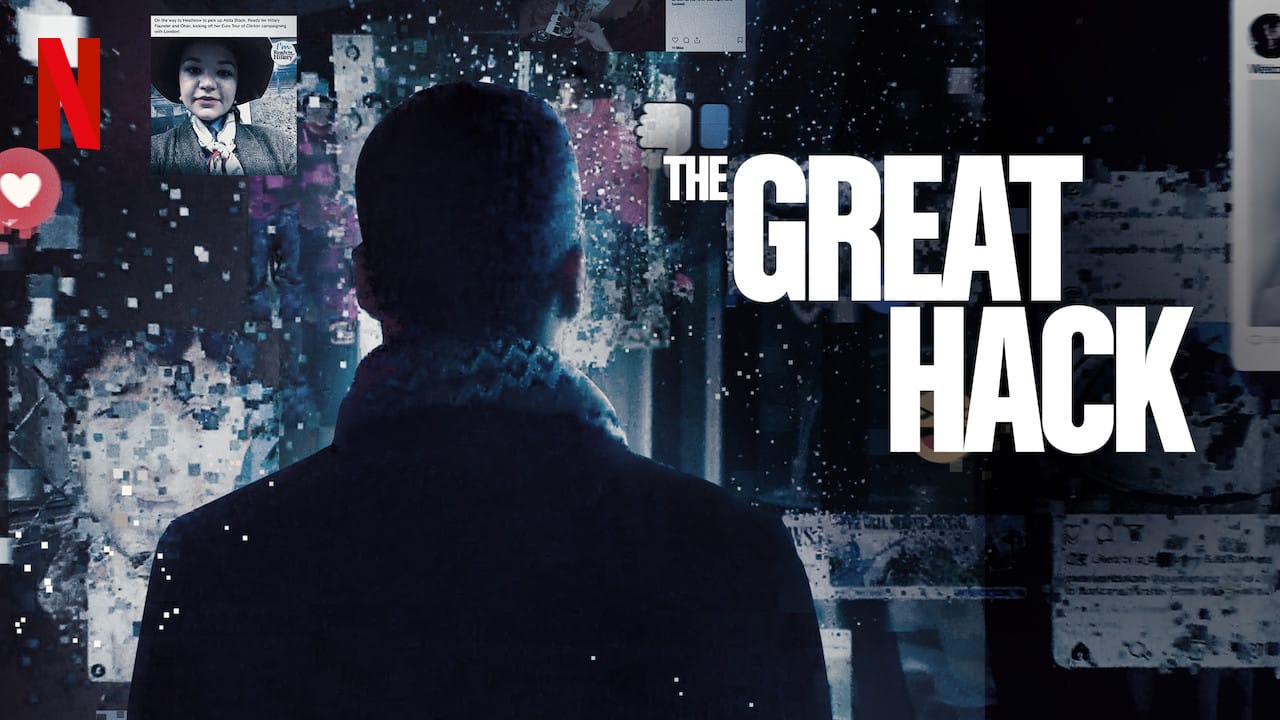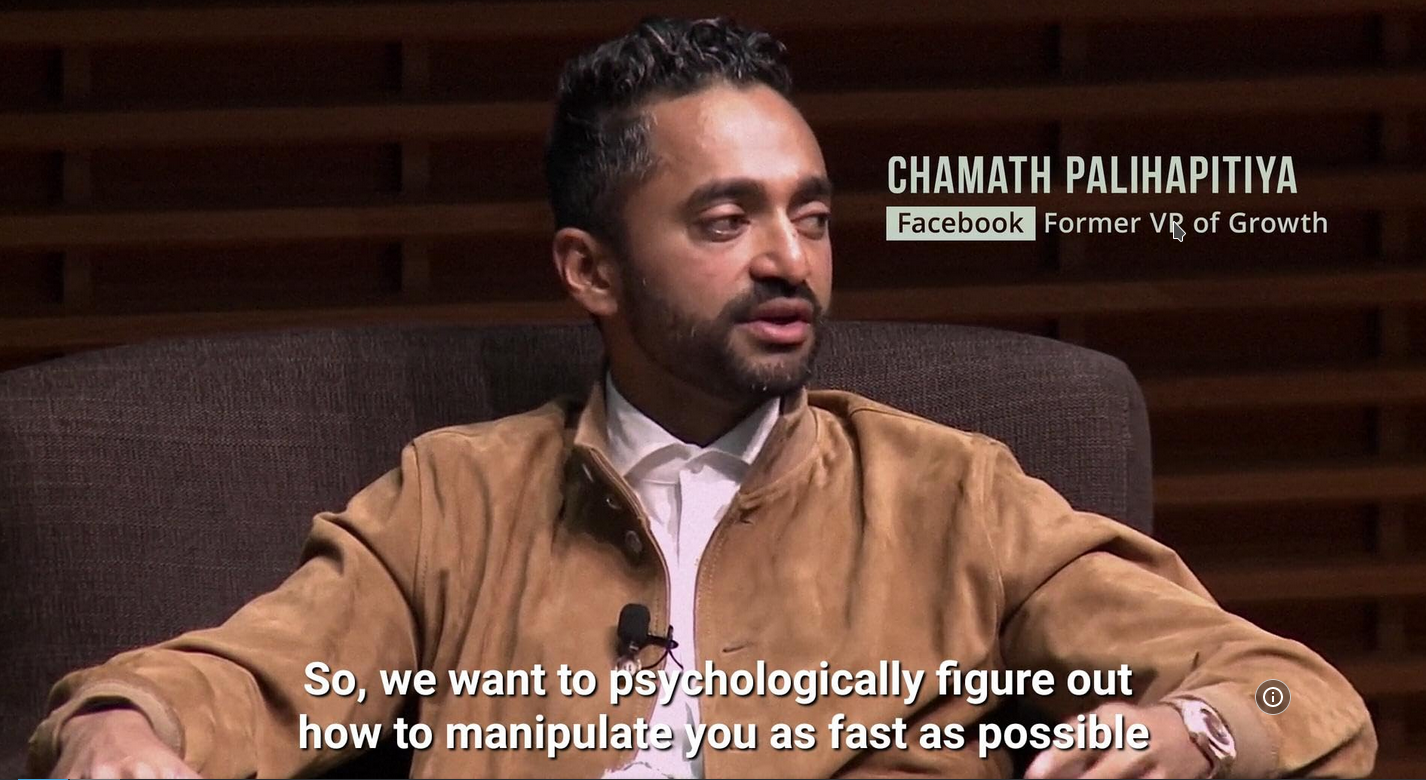Review about Documentaries “The Social Dilemma” and “The Great Hack”


The Social Dilemma documentary examines how social media's design nurtures addiction to maximize profit, and its ability to manipulate people's views, emotions, and behaviour and spread conspiracy theories and disinformation. The film features interviews with many former employees of social media companies, along with academic researchers.

The Great Hack documentary focuses on the work of Cambridge Analytica in the politics of various countries, including the United Kingdom's Brexit campaign and the 2016 United States elections.
Both of them focus on the role of data and social media in our lives. These documentaries are wake-up calls that we need to be more mindful of our use of social media and the potential impact it can have on our lives as well as in society.
Here are some of the key takeaways from the films:
Social Media like Facebook, Twitter, Snapchat and Instagram, have also become the platforms for conducting psychological experiments known as PsychOps (psychological operations) to influence the behaviour of individuals. This is known as Behavioural psychology.
" It is an approach in psychology, which studies an individual’s observable behaviour”
Such experiments are considered illegal because the data collected by these platforms is sold to Advertisers/companies which implies that we are the products (since data is collected about us, it is ‘us’) and these platforms are the consumers of our data. These processes question the authenticity, integrity and confidentiality (CIA triads) of the user’s data. The data collected by these platforms is used to train, build and deploy a separate Machine Learning (ML) model for each user through which they can increase accuracy of the ML models to give us the content we may like and to manipulate us by showing content in a way we may start to like.

The data collected is then analysed, interpreted which is used to persuade a certain group of people who can be easily persuaded to achieve certain goals like in electoral politics (election campaigns) and to maximize the profit gained from ads which in turn is used to manipulate the individuals, who are called the ‘persuadable’. They collect data by making us to screen check often, we are made to do this by persuasion. This practice is known as ‘positive intermittent reinforcement’, it is a part of behavioural psychology. It tells, that this kind of ‘screen checking’ behaviour, is similar to that of the casino and slot machines (prominently found in Las Vegas), where the user keeps repeating the process of playing, again and again due to the belief that something positive will happen(in this case he/she wins), similarly we keep checking our devices for ’new things’ often (having a notion that they will be positive), even though we do not have any work in the device, which in turn increases our screen time (influencing our on-screen behaviour and affecting our off-screen behaviour). This kind of activity is more resistant to extinction.
“Behaviours can be influenced by rewards or punishments. We work sincerely if we
acknowledge that we get a reward when we complete a particular task, along with the
realization that we get the reward only when we complete the task. So, that seems a bit
discouraging to us, right?. So how do we keep ourselves engaged in the task even
though we are uncertain about whether we will get a reward or not?
When we know to expect the reward after taking a certain action, we tend to work less
for it. Yet when the timing of the reward or the certainty that we’ll get it at all is
unpredictable, we tend to repeat that behaviour with even more enthusiasm, in hope for
the end result. We relish the joy of a “hard-earned” reward that much more.”
Source - Thought Catalog
Positive intermittent reinforcement or our screen presence, is increased and achieved by,
displaying advertisements personalized (by the data collected) for us, clickbaits (they contain algorithms which triggers emotions in the user), notifications. Even though data collection is considered wrong regarding privacy and power to manipulate us, it has some benefits, like data collection helps to personalize things relevant for us, but question is Who has the control over our data, these platforms or us?. The icing on the cake is that Humans (the ones who created the models) have absolutely no control over what the machine (artificial intelligence) learns through machine learning, which paves the way for AI’s to rule over humans. But the thing is, there is no such thing called as ‘complete security’ when it comes to the internet and cyber stuff. Every security system has got its own loopholes. It is irony, that these networks which were created to connect people across the world are the ones dividing people mentally which affects them physically and manipulating them gradually without their acknowledgement (Divide and conquer
theory). Another thing is that these psychological manipulations have negatively affected our physiological state. Statistical reports have shown the emergence of ‘Snapchat Dysmorphia’(since the introduction of ‘Snapchat filters’, in which the individuals go for plastic surgeries with the main aim of coming on par with the Snapchat filters), increase in Suicidal rates in pre-teen, addiction to devices etc., We have to reconsider and think how social network should have to work and develop an alternative model.
